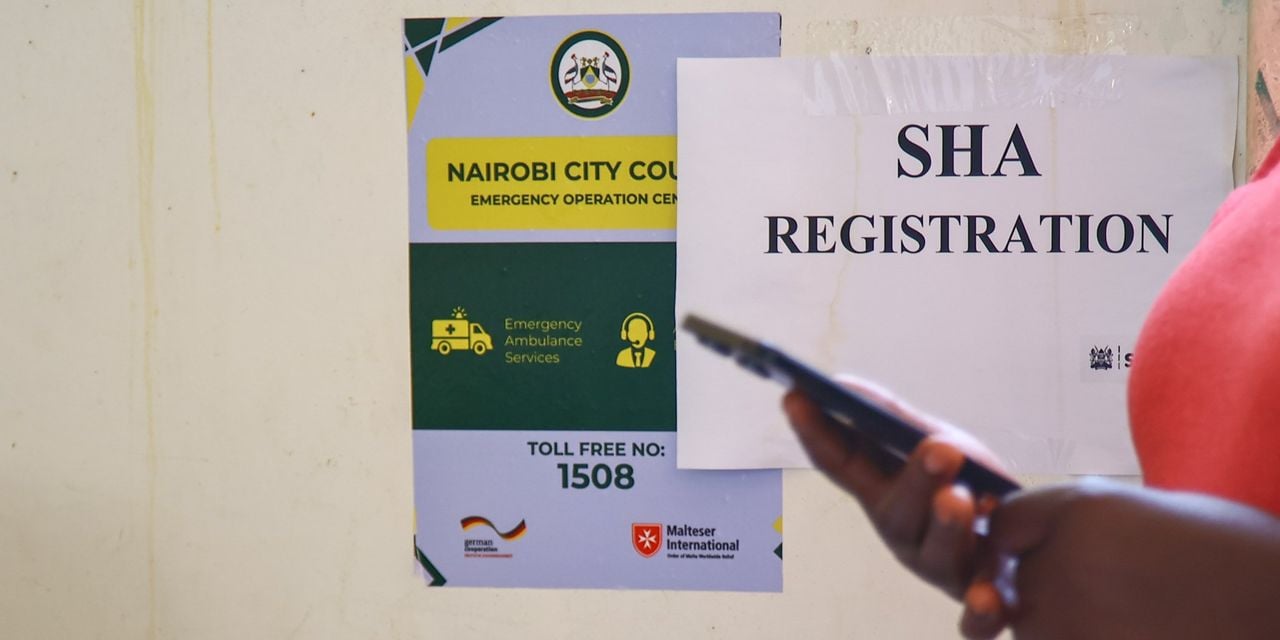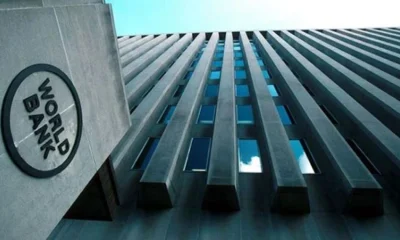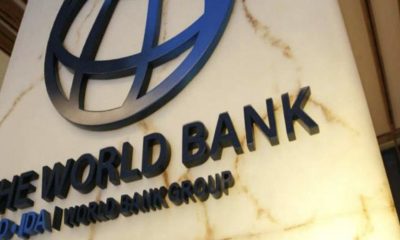Economy
World Bank Wants Low-Income Workers in Kenya Exempted From Paying Housing Levy and SHIF
For a worker earning Sh30,000 monthly, the World Bank’s proposed exemption would increase net pay by Sh956.25, bringing take-home earnings to Sh27,150 from the current Sh26,193.75.

Nairobi – The World Bank has recommended that Kenya exempt low-income workers earning below Sh32,333 monthly from the controversial housing levy and Social Health Insurance Fund (SHIF) contributions, citing concerns over reduced disposable incomes and employment formalization barriers.
In its 2025 Public Finance Review report, the multilateral lender argues that these “unpopular” levies are creating significant financial strain on Kenya’s most vulnerable workers while potentially discouraging formal sector employment.
The recommendation comes as thousands of Kenyan workers have seen their take-home pay drastically reduced since the introduction of these mandatory deductions.
Workers now face a combined burden of 1.5% housing levy (matched by employers) and 2.75% SHIF contributions, resulting in some employees taking home less than the legally mandated one-third of their gross salary.
For a worker earning Sh30,000 monthly, the World Bank’s proposed exemption would increase net pay by Sh956.25, bringing take-home earnings to Sh27,150 from the current Sh26,193.75.
The exemption would directly benefit approximately 312,018 formal sector workers earning below Sh30,000 monthly – representing 10% of Kenya’s 3.1 million formal sector workforce.
Economic rationale
The World Bank’s recommendation is grounded in broader economic concerns about Kenya’s labor market dynamics.
The institution argues that the current payroll tax structure creates a “structural contradiction” – SHIF depends on employment formalization for sustainability, yet the levy itself discourages businesses from formalizing low-wage positions.
“The payroll tax design discourages formalization, particularly for low-wage workers and small employers who face higher costs when joining the formal sector,” the report states.
This creates particular challenges in Kenya’s predominantly informal economy, where most workers in the informal sector are mandated to contribute to SHIF but largely fail to comply.
Employers are facing mounting compliance pressures under Kenya’s Employment Act of 2007, which prohibits deductions exceeding two-thirds of a worker’s basic pay.
The Federation of Kenya Employers has repeatedly sought government guidance on managing multiple deductions while remaining within legal limits, particularly when existing loan obligations are factored in.
The situation has created what employers describe as a “compliance headache,” with companies potentially facing legal action for violating statutory take-home pay requirements.
The World Bank’s recommendations emerge against a backdrop of declining real wages for five consecutive years, reflecting the ongoing squeeze from rising living costs on Kenyan workers.
The housing levy, implemented in June 2023, and SHIF, which replaced the National Health Insurance Fund in October 2024, represent significant policy shifts toward funding affordable housing and universal healthcare.
However, the multilateral lender suggests these goals could be better achieved through alternative funding mechanisms, including increased budget support for health services and targeted assistance for informal workers.
Government position
President William Ruto has consistently defended both levies as essential for delivering affordable housing and universal health coverage.
The administration views these deductions as critical components of its development agenda, despite widespread public resistance.
The World Bank’s recommendations now present the government with a policy dilemma: maintaining revenue streams for key social programs while addressing legitimate concerns about worker welfare and employment formalization.
If implemented, the World Bank’s recommendations would require significant policy adjustments, including alternative funding mechanisms for housing and health programs currently dependent on payroll deductions.
The proposals also align with broader discussions about tax policy reform and the balance between revenue generation and economic growth incentives.
For Kenya’s low-income workers, who have borne the brunt of multiple economic pressures, the World Bank’s intervention represents a potential lifeline in an increasingly challenging economic environment.
However, the ultimate decision rests with policymakers balancing competing priorities of social service delivery and worker welfare.
The recommendation underscores the complex challenge facing many developing economies: funding essential social services while maintaining competitive labor markets and protecting vulnerable workers from excessive financial burdens.
Kenya Insights allows guest blogging, if you want to be published on Kenya’s most authoritative and accurate blog, have an expose, news TIPS, story angles, human interest stories, drop us an email on [email protected] or via Telegram
-

 News2 weeks ago
News2 weeks agoTHE FIRM IN THE DOCK: How Kaplan and Stratton Became the Most Scrutinised Law Firm in Kenya
-

 Economy2 weeks ago
Economy2 weeks agoIran Demands Arrest, Prosecution Of Kenya’s Cup of Joe Director Director Over Sh2.6 Billion Tea Fraud
-

 Grapevine1 week ago
Grapevine1 week agoA UN Director Based in Nairobi Was Deep in an Intimate Friendship With Epstein — He Even Sent Her a Sex Toy
-

 Business2 weeks ago
Business2 weeks agoKPC IPO Set To Flop Ahead Of Deadline, Here’s The Experts’ Take
-

 Politics2 weeks ago
Politics2 weeks agoPresident Ruto and Uhuru Reportedly Gets In A Heated Argument In A Closed-Door Meeting With Ethiopian PM Abiy Ahmed
-

 Investigations1 week ago
Investigations1 week agoHow Mexico Drug Lord’s Girlfriend Gave Him Away
-

 Business2 weeks ago
Business2 weeks agoSafaricom Faces Avalanche of Lawsuits Over Data Privacy as Acquitted Student Demands Sh200mn Compensation in 48 Hours
-

 Investigations2 weeks ago
Investigations2 weeks agoKenya’s DCI Opens Probe on Russian Man Who Secretly Filmed Sex Escapades With Women — But There’s a Slim Chance They’ll Ever Get Him





























